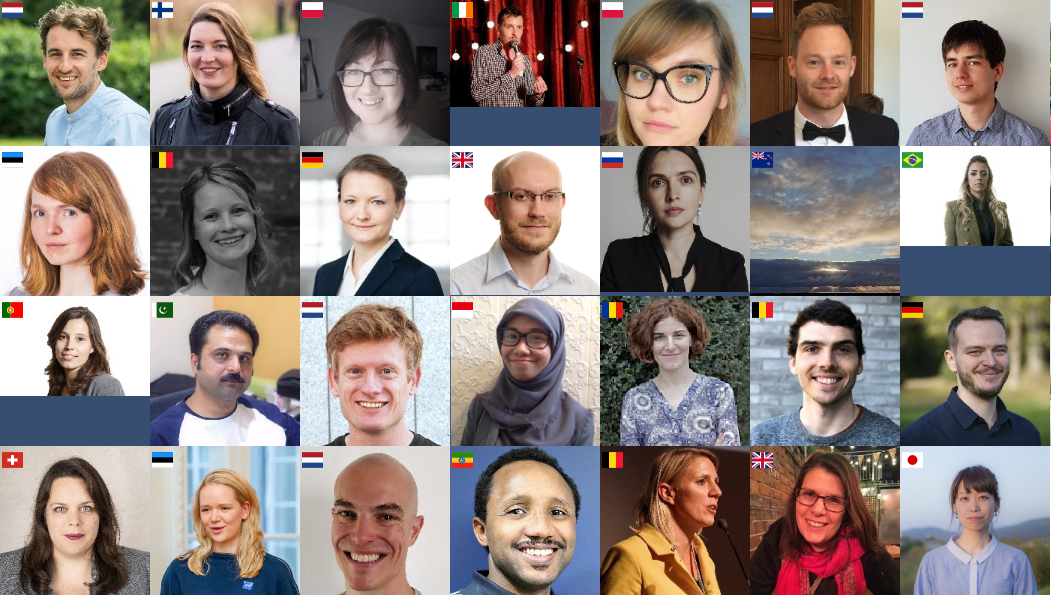Search
Showing results for "A"
Research
Febrile respiratory illnesses in infancy and atopy are risk factors for persistent asthma and wheezeThe aim of this study was to explore associations between severe respiratory infections and atopy in early childhood with persisting wheeze and asthma.
Research
Predominant Bacterial and Viral Otopathogens Identified Within the Respiratory Tract and Middle Ear of Urban Australian Children Experiencing Otitis Media Are Diversely DistributedOtitis media (OM) is one of the most common infections in young children, arising from bacterial and/or viral infection of the middle ear. Globally, Streptococcus pneumoniae and non-typeable Haemophilus influenzae (NTHi) are the predominant bacterial otopathogens. Importantly, common upper respiratory viruses are increasingly recognized contributors to the polymicrobial pathogenesis of OM.
Research
The association between Staphylococcus aureus and subsequent bronchiectasis in children with cystic fibrosisDe novo S. aureus acquisition at age 3 is associated with later bronchiectasis and FEF25-75 in children with CF

News & Events
International COVID-19 ‘risk’ tool launched to reduce community transmissionThe Kids Research Institute Australia researchers have collaborated with global experts to launch an online tool designed to assess the risk of contracting COVID-19 and provide advice to reduce transmission.
Research
Association between early respiratory viral infections and structural lung disease in infants with cystic fibrosisInfants with cystic fibrosis (CF) develop structural lung disease early in life, and viral infections are associated with progressive lung disease. We hypothesized that the presence of respiratory viruses would be associated with structural lung disease on computed tomography (CT) of the chest in infants with CF.
News & Events
Wesfarmers Centre of Vaccine and Infectious Diseases Research Seminar Series 2014Wesfarmers Centre of Vaccine and Infectious Diseases Research Seminar Series 2014.Genetic and functional studies of leishmaniasis: understanding the role of HLA

We earnestly thank every donor and also acknowledge those who prefer to remain anonymous.
We are grateful to our many generous friends who support the Institute through philanthropy.
